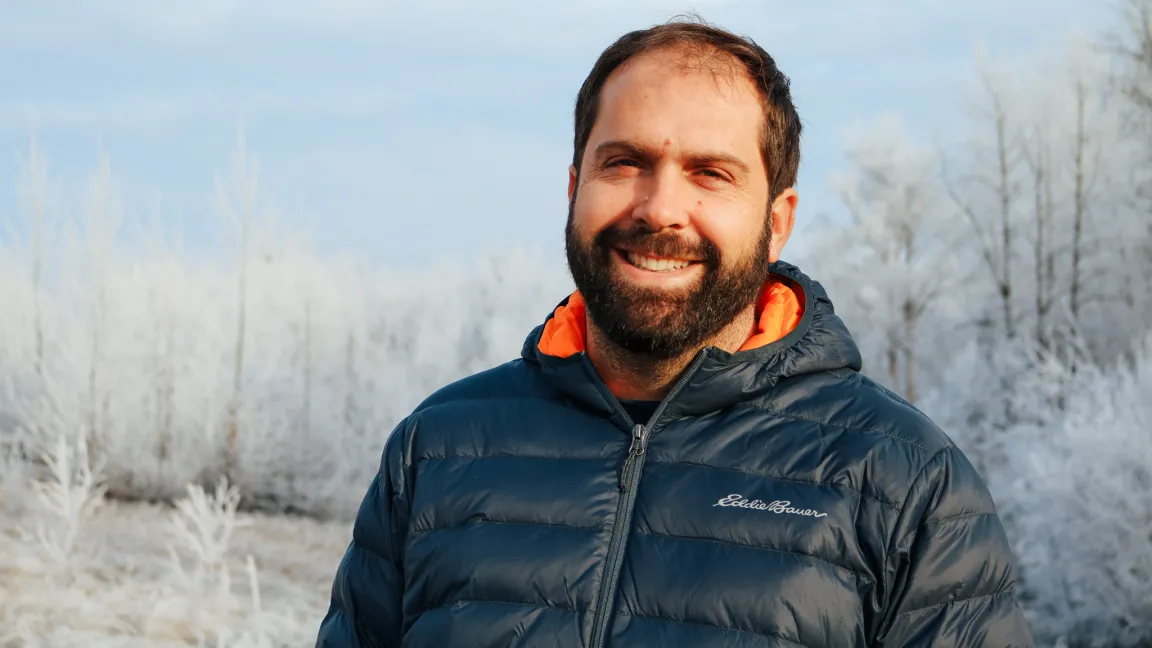UNBC researcher recognized among world's most influential scientists for conservation research
Dr. Oscar Venter's globally cited research is guiding evidence-based action and policy to protect critical ecosystems in Canada and beyond.

Prince George, B.C. – UNBC researcher Dr. Oscar Venter is helping to guide where action is most needed to protect and restore Canada’s remaining intact ecosystems – work that has earned him a place among the world’s most highly cited scientists.
The FRBC West Fraser Conservation Solutions Research Chair has been named to the Clarivate Highly Cited Researchers 2025 list. The annual list recognizes researchers whose published work ranks among the top one per cent of most cited papers in the world, demonstrating significant and broad influence in their fields.
“This is such an important time for the long-term conservation of B.C.'s and Canada's ecosystems,” says the Landscape Conservation and Management Professor. “This recognition reflects the vital research being done by the team of emerging scientists in my lab at UNBC to provide the insights and data needed to make informed decisions as we work toward achieving national and international conservation targets.”
The annual list reflects the most influential researchers globally based on a rigorous evaluation process that includes citation activity, quantitative metrics and qualitative analysis. Venter is recognized for his contributions in the Environment and Ecology category.
Supported by the Natural Sciences and Engineering Research Council of Canada (NSERC), Venter leads a research team of six next-generation scientists – one Masters of Science and five PhD students – in his Conservation Solutions Lab. The team is providing new spatial data and ecological insights to inform conservation policy and planning in Canada and abroad, contributing to efforts to protect 30 per cent of lands and waters by 2030.
“The fact that Dr Venter’s research is being cited so frequently is a clear reflection of its influence and the impact he and his team are making in the fields of Environmental Science and Ecology,” says UNBC Vice-President Research and Innovation Dr. Paula Wood-Adams. “Dr. Venter’s work exemplifies how UNBC research is addressing urgent environmental challenges while shaping policies that influence conservation on a global scale.”